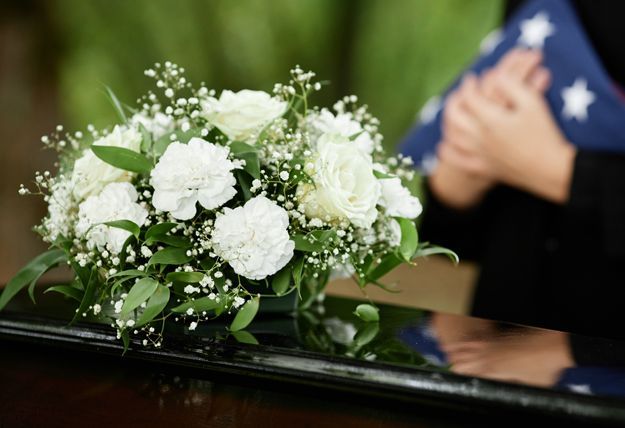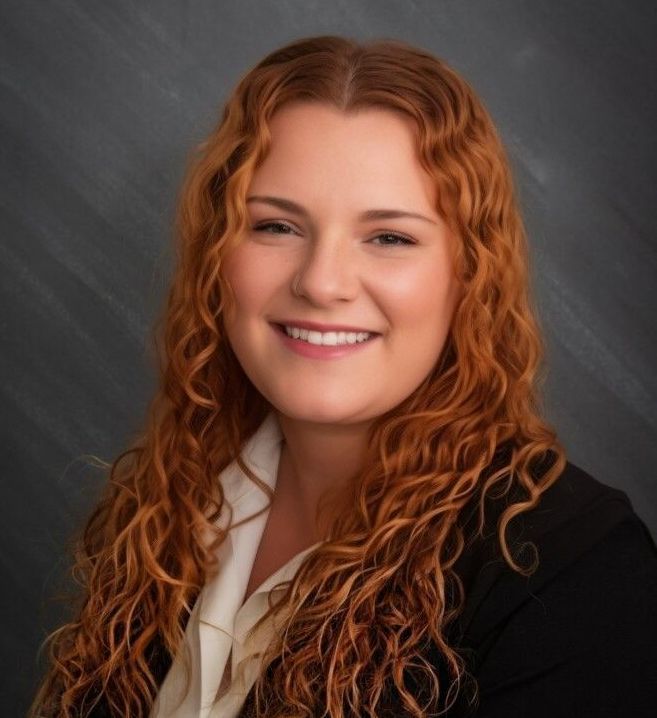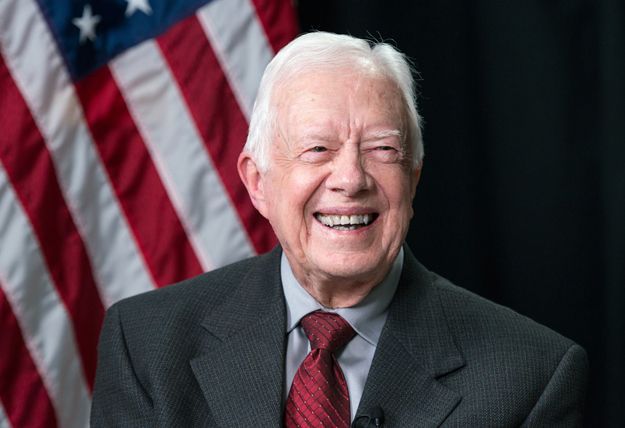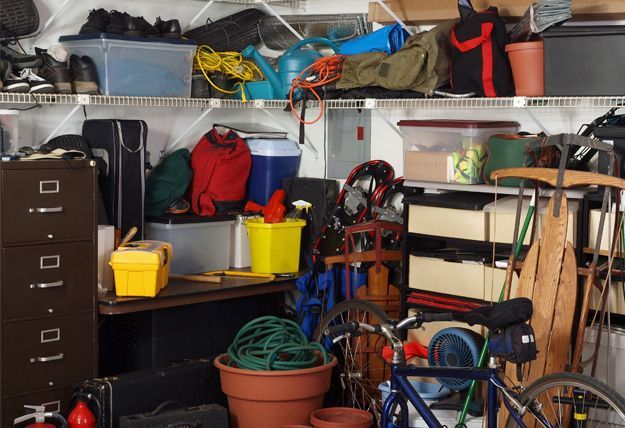Sometimes, families want to have the body taken care of as quickly as possible, with no ceremony or service. Others say that their schedule is just too busy to meet and make funeral arrangements until weeks after a death. Even though a death has occurred, they don’t want to be inconvenienced. Maybe subconsciously they think that avoiding the planning and funeral services will protect them from grief.
Even in these times of chasing convenience at all costs, traditional Jewish communities still strictly adhere to the custom that burial of the dead must take place within 24 hours of death. Regardless of what’s going on in their lives, family and friends must find a way to attend the service or burial with only short notice.
Death rarely comes at a convenient time, but when it comes, it offers an opportunity for us to hit the pause button on our busy lives. Attending a funeral provides us with an opportunity to mourn, honor, remember and support those suffering a loss. Mourning is the outward expression of our feelings of loss. It is through mourning that we can start to integrate loss into our lives.
During the COVID pandemic, many families were forced to resort to bare-bones funerals or no service at all. Without visitations, in-person services, music, readings and other ceremonies, these families had a more difficult time dealing with the death of their loved one.
The harder the loss, the greater the need for a place and space to grieve. In a culture preoccupied with busyness, slowing down to deal with death may be one of the most effective antidotes against letting busyness control our lives.












